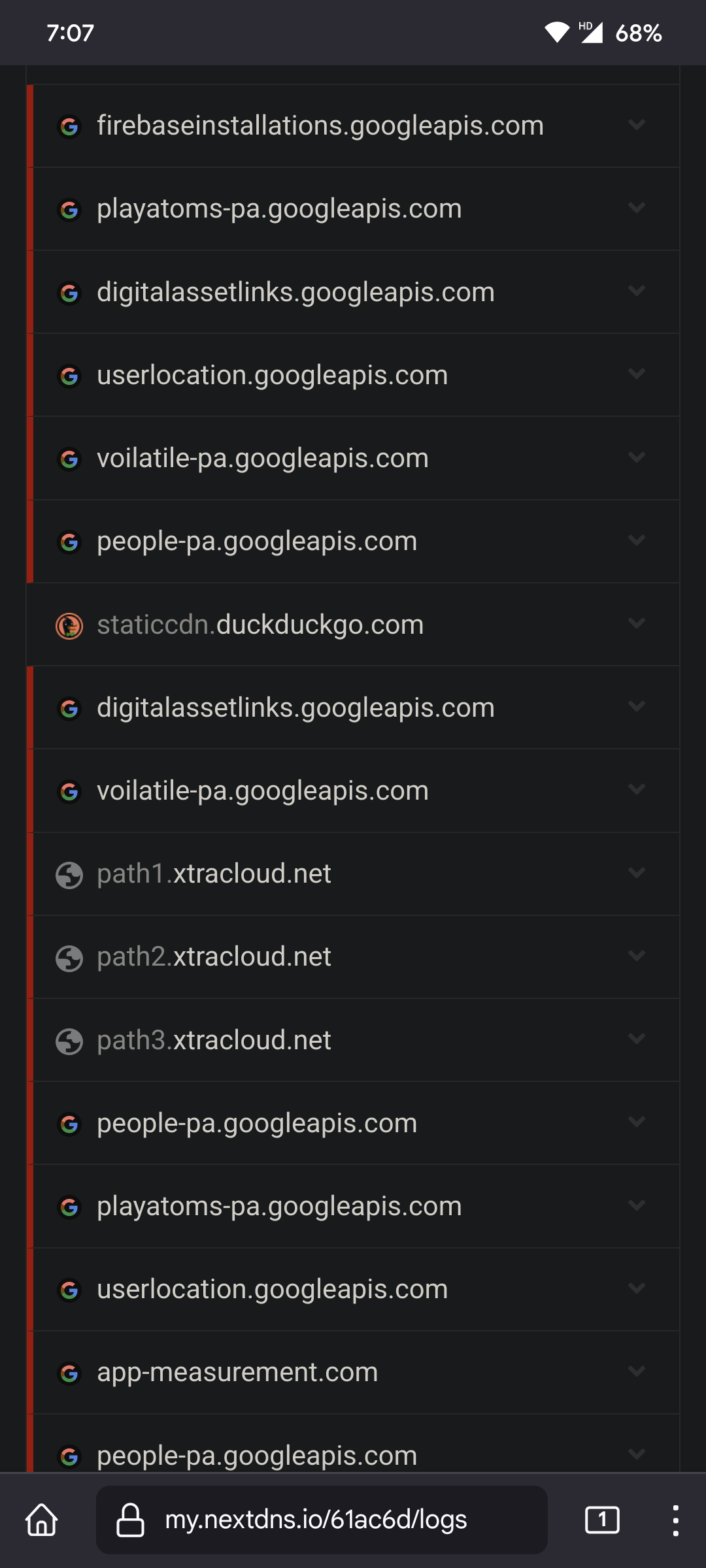Class action lawsuit becomes mechanism to earn big payday for lawyers with little benefit to claimants. More at 11.
The primary benefit to the claimants is bloodying the corporation enough to stop the shitty practice.
Except the amounts nuts corporations like Google are paying out amounts to just hours of business. It’s not punitive in any way. These low-ball payouts are just a minor cost of doing business for them, and not a disincentive from future bad behavior.
In practice I don’t think this ever truly happens. Not doing evil shit costs way more than paying out years after you’re caught and making way more money.
Anything but metric
It’s money. What would metric money be? Centicrumpets? Milliminces?
Kilocassis. The standard unit of metric currantsy.
Most countries use a metric-like system for their money. Non-metric money would be something like what the UK had before decimalization.
Yeah, how long, heavy, or fast is this payout?
Can you give it to me in furlongs, firkins, and fortnights pls?
Its exactly 7 V-bucks after taxes.
Schrute Bucks
Estimated payout: $7.16/person
Which means it will actually be about 27¢
a big mac meal in 2020 but not now. at least not near me.
I was gonna say… they’re a few dollars short, that won’t even get you a two cheeseburger meal either
I’m always keen to shit on Google, but, this is about “having search terms in the query string” and “having links that take you directly to the thing you clicked on without any redirect dance to obfuscate the Referer header”. With all the other shit to legitimately complain about from Google, this seems so silly to focus on. Google isn’t even the one that sent the Referer header, that would be your browser (which, Chrome didn’t exist yet at the time). RFC1945, from 1996, for HTTP 1.0, even explicitly stated that any application that communicates over HTTP (i.e. a web browser) should offer the user a configuration option to disable sending Referer headers.
Edit: slight clarification, Chrome did exist during part of the time period that the lawsuit covers, though it only started to pick up serious market share towards the end of the relevant time period.
What a stupid law suit and what uneducated comments. Imagine thinking Google owes you real money for query string parameters during a time where even ssl was still quite optional on most of the web.
It’s a stupid lawsuit, but it does ensure a precedent that search engines should sanitize the referer when sending you to a link you click on. If some unsuspecting user accidentally types their credit card number into google and clicks on a shady website that says CHECK VISA FRAUD, that website absolutely shouldn’t get the data of what the person typed in while doing the search.
And that’s fine. Expecting a payout is dumb.
Why?
Do you think they get one big lump sum or is it paid out over 30 years?
I blocked most of the google connections on my android phone and phone still works without any issues. Not sure why google connects to all these server at 3am.

This is the best summary I could come up with:
About 2.5 million people who clicked on a Google Search link between October 25, 2006, and September 30, 2013 can expect to receive $7.16 to compensate them for claims of violated privacy, after an epic legal battle with the ad giant.
In July, Clifford Weiler, a retired attorney and a claimant in the case, filed an objection, saying that given the nature of the alleged violations, Google’s size and revenue, and duration of the misconduct, the settlement is far too low.
“The small amount provided to each claimant in the proposed settlement invokes concern that this may be a friendly lawsuit to clear the defendant as the plaintiff’s team of attorneys receives voluminous fees and costs for basically moving papers around,” he wrote.
The 13-year-old case, as outlined in the second amended complaint [PDF] from 2012, alleged that Google violated the privacy of people using its search engine.
Web owners back then would receive these search terms when a searcher clicked on their link: The full URL with query parameters would be passed via the Referer header.
In any event, around 2010, Google began testing the encryption of search keywords in the Referer header and by 2011 announced the change.
The original article contains 605 words, the summary contains 200 words. Saved 67%. I’m a bot and I’m open source!








